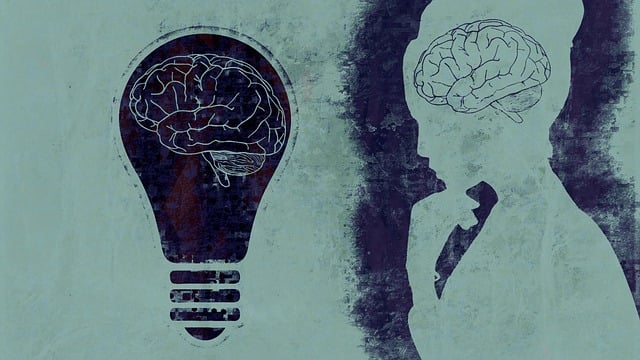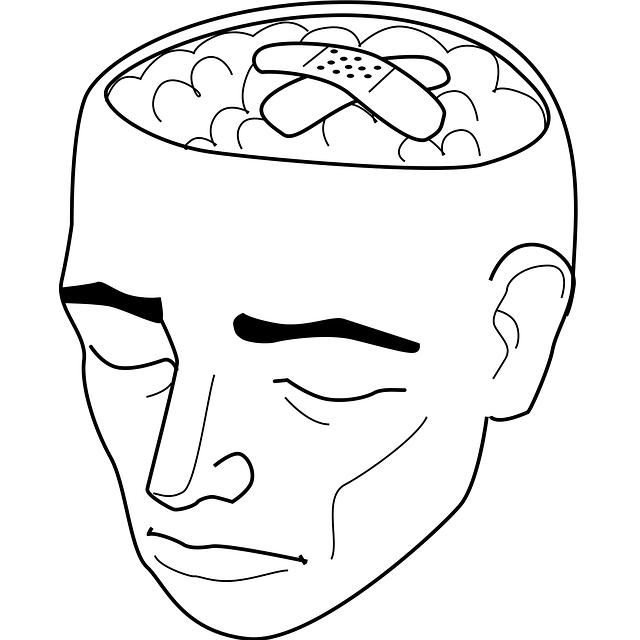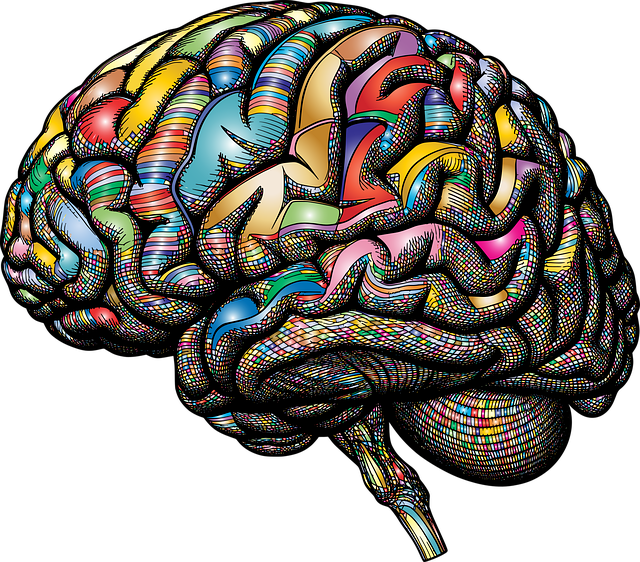Bipolar Disorder, characterized by extreme mood swings between manic and depressive episodes, is diagnosed through professional evaluation. Longmont Bipolar Disorder Therapy focuses on managing symptoms, improving emotional intelligence, and developing coping strategies. Stigma poses a significant barrier to treatment, but open conversations, journaling, and resilience-building activities can help individuals take control of their mental health. Longmont offers specialized clinics, community organizations advocating for mental health policies, and a range of evidence-based treatments, including cognitive-behavioral therapy (CBT) and holistic practices. Building a supportive network through support groups, family, friends, and resources like podcasts enhances recovery and well-being.
Mental illness diagnosis and treatment navigation can be challenging, especially for conditions like bipolar disorder. This comprehensive guide aims to demystify bipolar disorder, its symptoms, and diagnostic processes. We explore the enduring stigma surrounding mental health and how it hinders access to treatment. Located in Longmont, this article showcases available resources and support networks. Additionally, we navigate various treatment options, from medication and therapy to holistic approaches, offering insights for those seeking help for bipolar disorder in Longmont.
- Understanding Bipolar Disorder: Symptoms and Diagnosis
- The Stigma Around Mental Health: Overcoming Barriers to Treatment
- Longmont's Resources for Mental Health Support
- Navigating Treatment Options: Medication, Therapy, and Beyond
- Building a Supportive Network for Effective Recovery
Understanding Bipolar Disorder: Symptoms and Diagnosis

Bipolar Disorder is a mental health condition characterized by extreme mood swings, ranging from manic episodes to depressive periods. Individuals with this disorder may experience heightened energy, increased talkativeness, and impulsive behavior during manic phases, contrasting with deep sadness, hopelessness, and fatigue in depressive episodes. These shifts can significantly impact daily functioning and relationships.
Diagnosing Bipolar Disorder involves a comprehensive evaluation by a qualified mental health professional. They will typically review symptoms, including duration and severity, across different periods. Diagnostic criteria may include at least one manic or hypomanic episode along with periods of depression. Longmont Bipolar Disorder Therapy focuses on helping individuals manage their symptoms, improve emotional intelligence, and develop coping strategies to enhance overall mental well-being. Additionally, advocacy for better mental health policies and prevention initiatives, such as Depression Prevention programs, can contribute to a supportive ecosystem for those navigating bipolar disorder.
The Stigma Around Mental Health: Overcoming Barriers to Treatment

The stigma surrounding mental health has long been a significant barrier to individuals seeking help for their bipolar disorder or other conditions. This societal shame often prevents folks from discussing their struggles openly, leading to missed opportunities for early intervention and effective treatment. Many people with bipolar disorder in Longmont fear judgment or discrimination, causing them to suffer in silence. They might feel embarrassed about their symptoms, such as intense mood swings, and avoid professional help, opting instead for self-medication or isolation.
Overcoming these barriers is crucial for navigating the path to mental wellness. Encouraging open conversations about mental health can foster a supportive environment. Mental wellness journaling exercises and resilience-building activities can empower individuals to track their moods, identify triggers, and develop healthy coping mechanisms. By promoting these practices, we can help break down the walls of stigma and enable those with bipolar disorder in Longmont to take control of their mental health through effective mood management strategies.
Longmont's Resources for Mental Health Support

Longmont offers a robust network of resources for individuals seeking mental health support, particularly those dealing with bipolar disorder. The city boasts several clinics and therapy centers dedicated to providing specialized care, including Longmont Bipolar Disorder Therapy, which focuses on addressing the unique challenges associated with this condition. These facilities employ experienced therapists and counselors who utilize evidence-based practices to help patients manage symptoms and improve their emotional well-being.
Beyond clinical services, Longmont’s mental health support ecosystem includes community organizations and advocacy groups that champion Mental Health Policy Analysis and Advocacy. Local initiatives also aim to foster open conversations about mental illness and reduce the stigma surrounding it through various Emotional Well-being Promotion Techniques. Such efforts collectively contribute to creating a more inclusive and supportive environment for those navigating mental health challenges, ensuring access to comprehensive care and resources in Longmont.
Navigating Treatment Options: Medication, Therapy, and Beyond

Navigating treatment options for mental health conditions can be a complex journey, especially when dealing with disorders like bipolar disorder in Longmont. Beyond traditional medication, which often forms the cornerstone of care, there’s a wide array of therapeutic approaches to explore. Longmont Bipolar Disorder Therapy centers typically offer specialized programs tailored to manage symptoms and improve overall well-being. These may include cognitive-behavioral therapy (CBT), a widely recognized method for treating depression and anxiety, helping individuals identify and change negative thought patterns.
Additionally, holistic approaches like mindfulness practices, often integrated into therapy sessions, can significantly enhance emotional regulation. Self-care practices, such as regular exercise, adequate sleep, and stress management techniques, also play a crucial role in managing mental health. By combining these strategies with professional support, individuals can develop effective coping mechanisms, improve their quality of life, and foster resilience against relapses.
Building a Supportive Network for Effective Recovery

Building a supportive network is an integral part of navigating mental illness and fostering effective recovery, especially for those dealing with bipolar disorder in Longmont. This can include connecting with peers who understand their struggles through support groups or online communities, providing a safe space to share experiences and gain validation. Family and friends play a crucial role, too; they can offer emotional backing, assist in coping skills development, and help individuals practice conflict resolution techniques learned during therapy sessions.
Additionally, leveraging resources like the Mental Wellness Podcast Series Production can enhance recovery. These podcasts often provide valuable insights into managing bipolar disorder, sharing strategies for improving mental health and well-being. They can be accessed on-the-go, making it easier for individuals to learn coping skills and stay informed about their condition—all vital aspects of navigating treatment effectively.
In navigating the complexities of mental illness, especially bipolar disorder in Longmont, access to accurate information and supportive resources is paramount. By understanding symptoms, overcoming stigma, and utilizing available treatment options like therapy, individuals can build a robust support network for effective recovery. Longmont’s vibrant mental health landscape offers a tapestry of resources tailored to meet diverse needs. For those seeking help with bipolar disorder therapy in Longmont, exploring these options is a crucial step towards managing symptoms and enhancing overall well-being.














